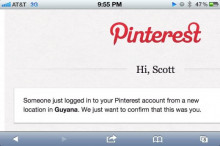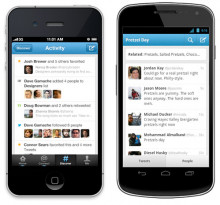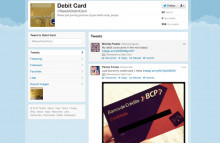Twitter users delt malicious links via direct messages
Cybercriminals are using compromised Twitter accounts to distribute messages disguised as coming from friends who suggest recipients click on a link to see themselves on a Facebook video.
Sophos reported the trick after receiving a number of reports from readers of the vendor's blog. The link carried in the direct messages to Twitter users points to a website that tries to install malware onto a PC.












































































